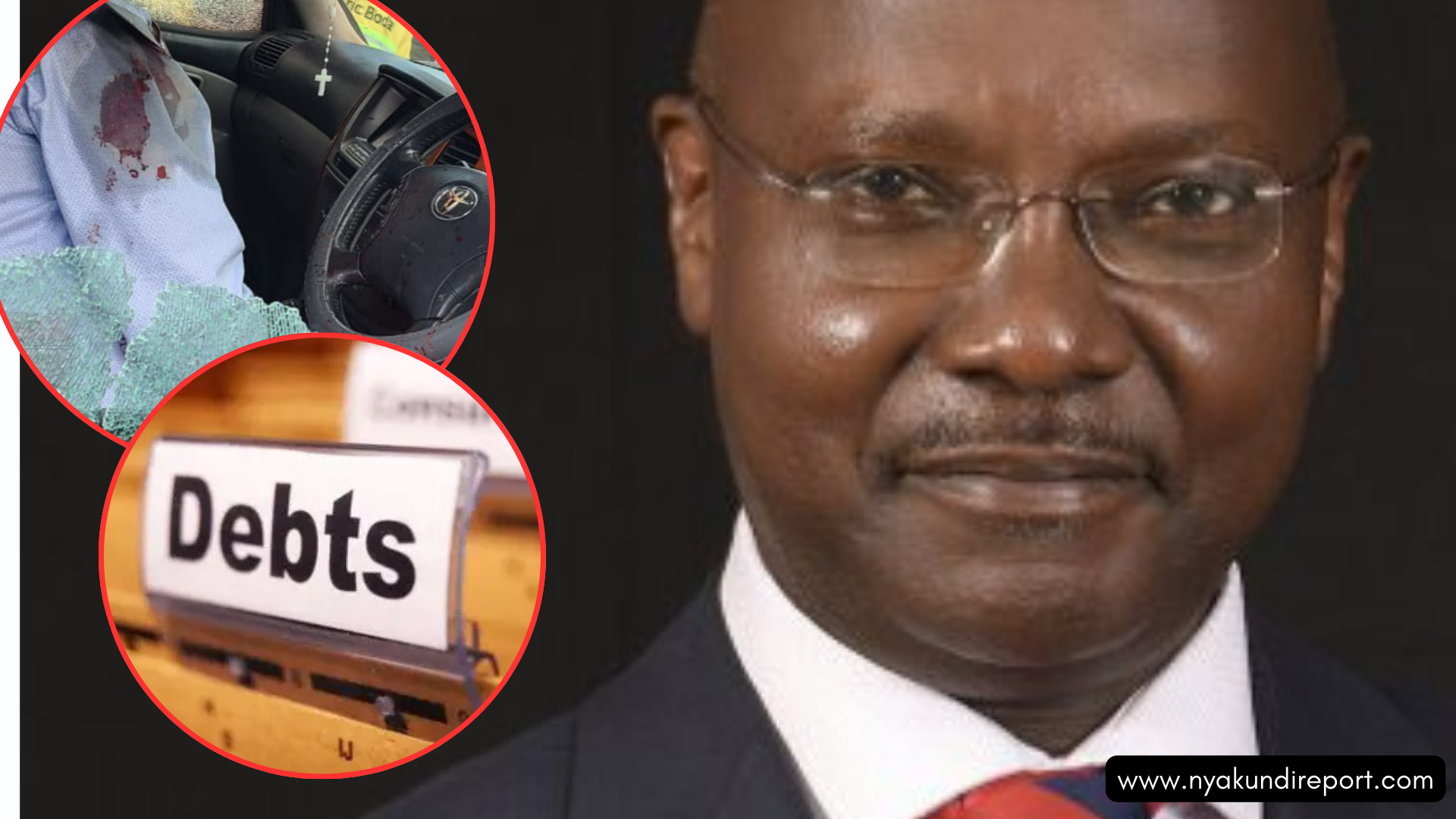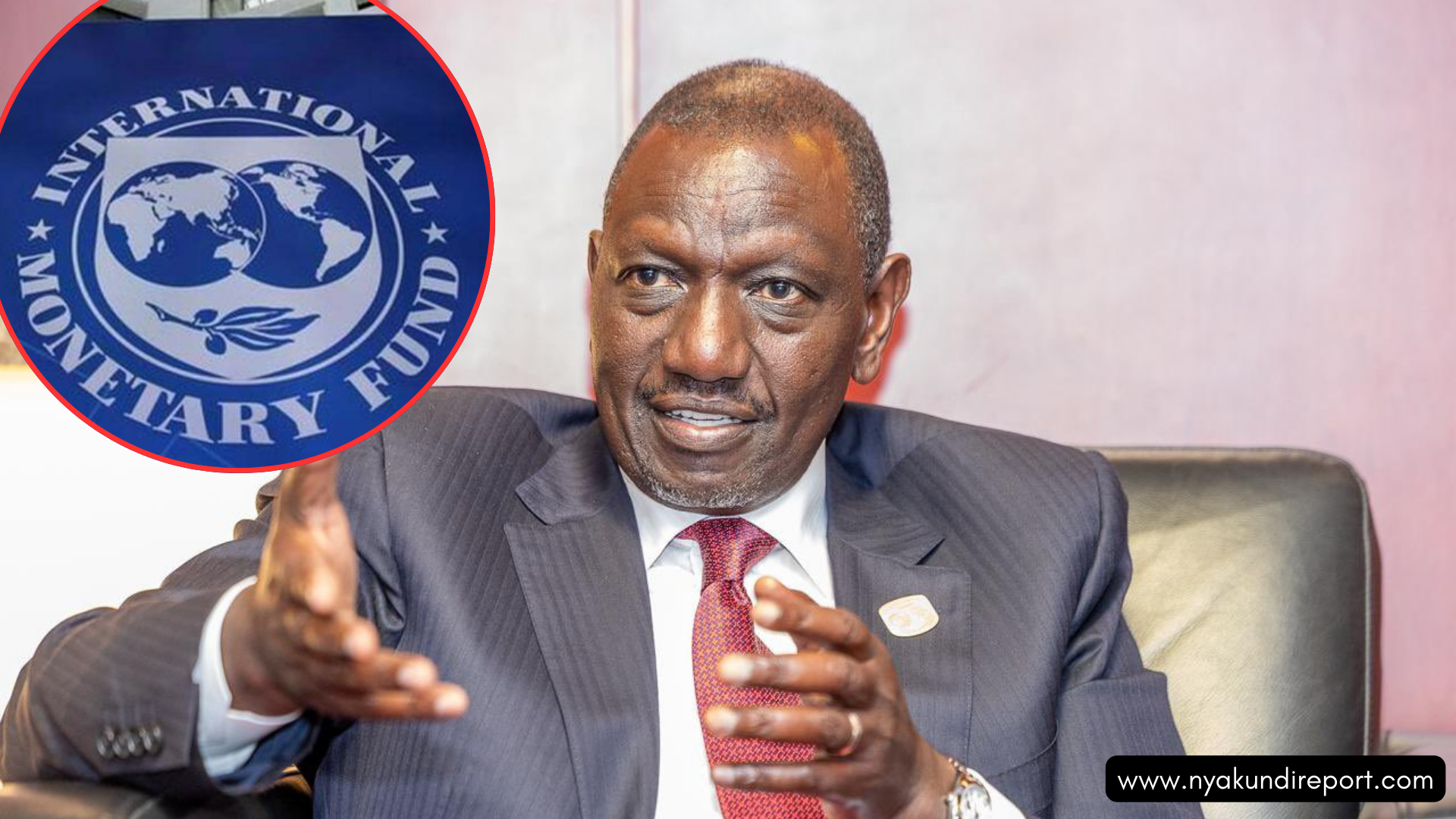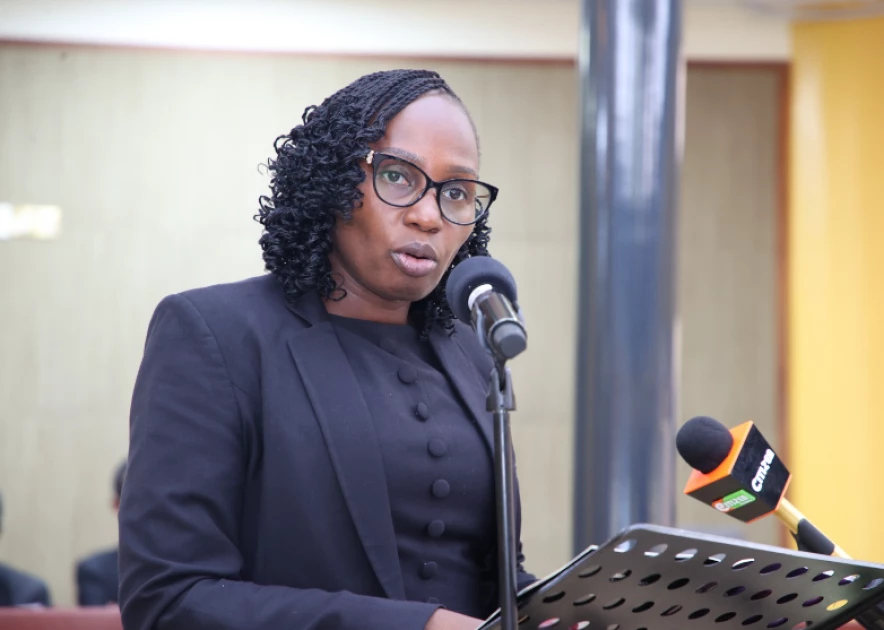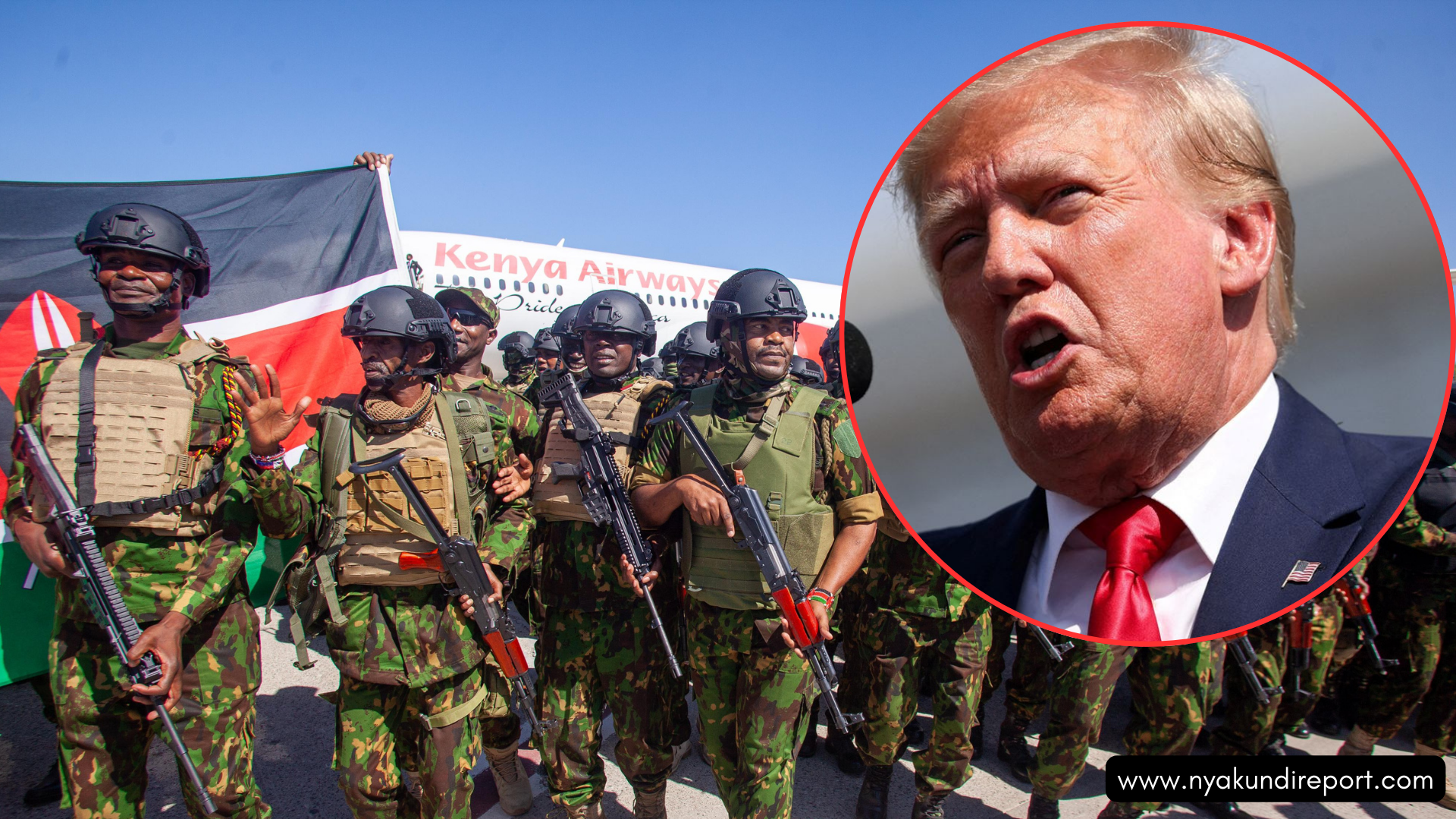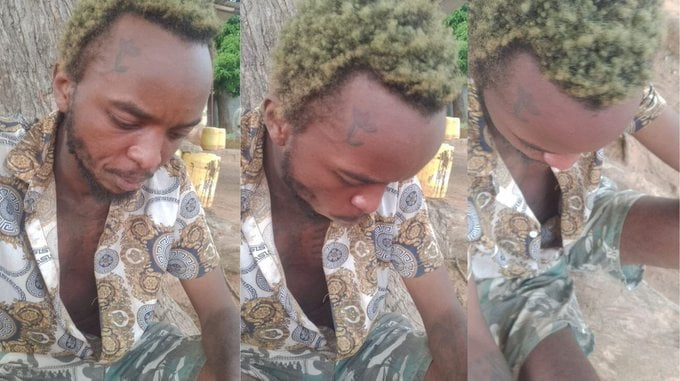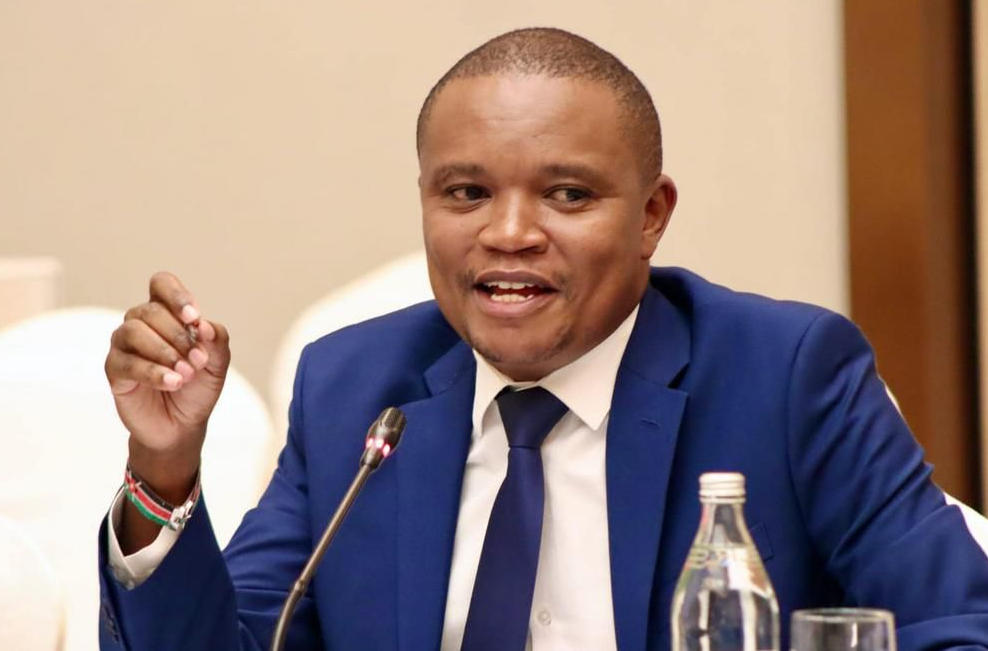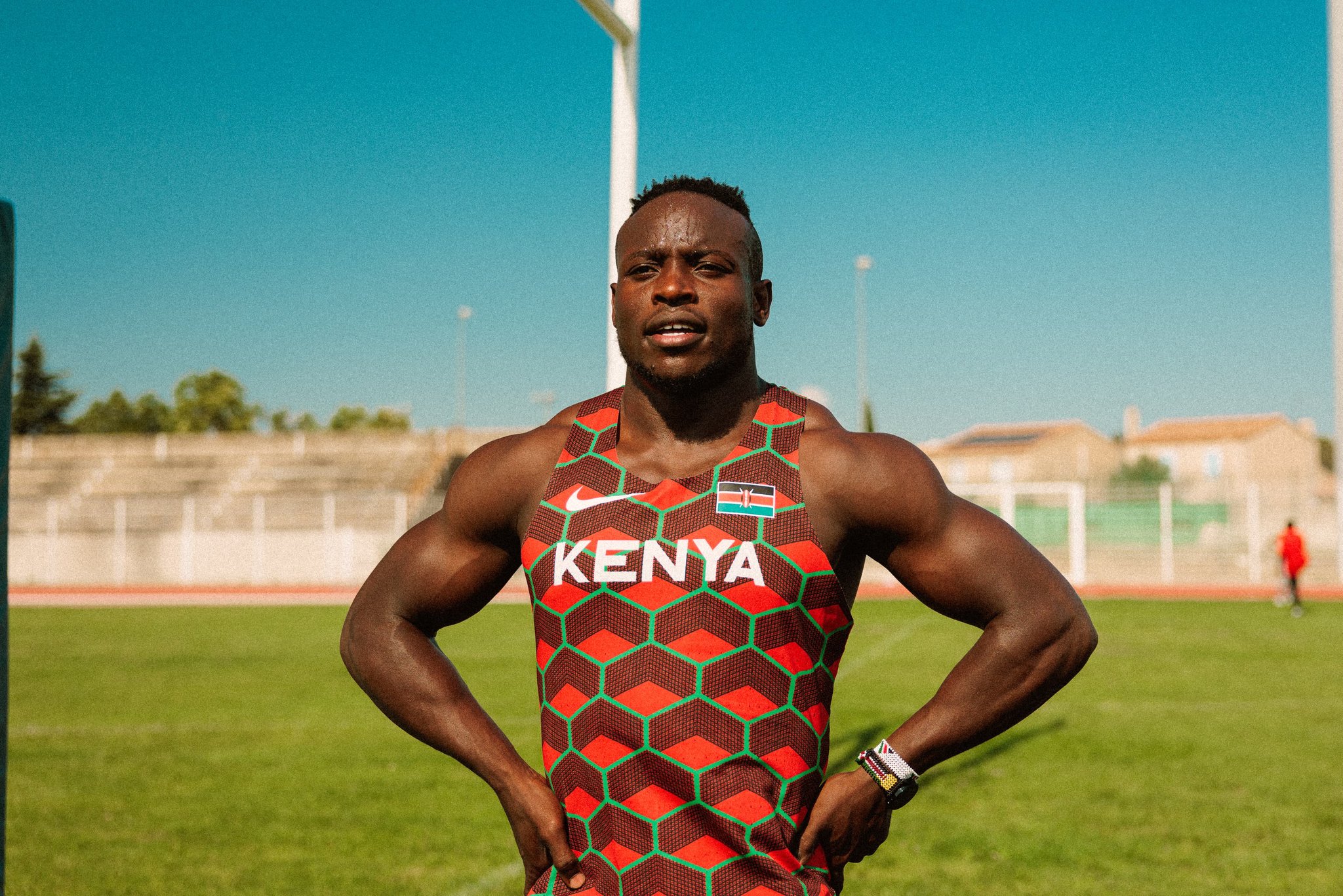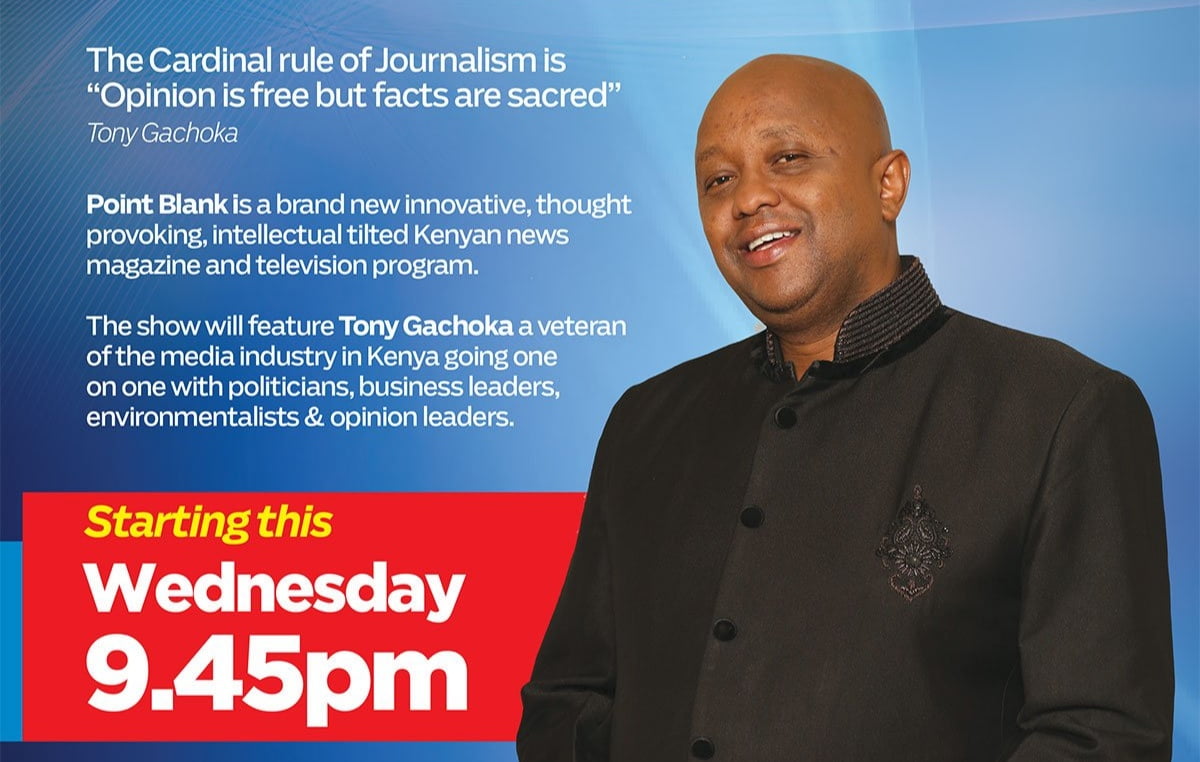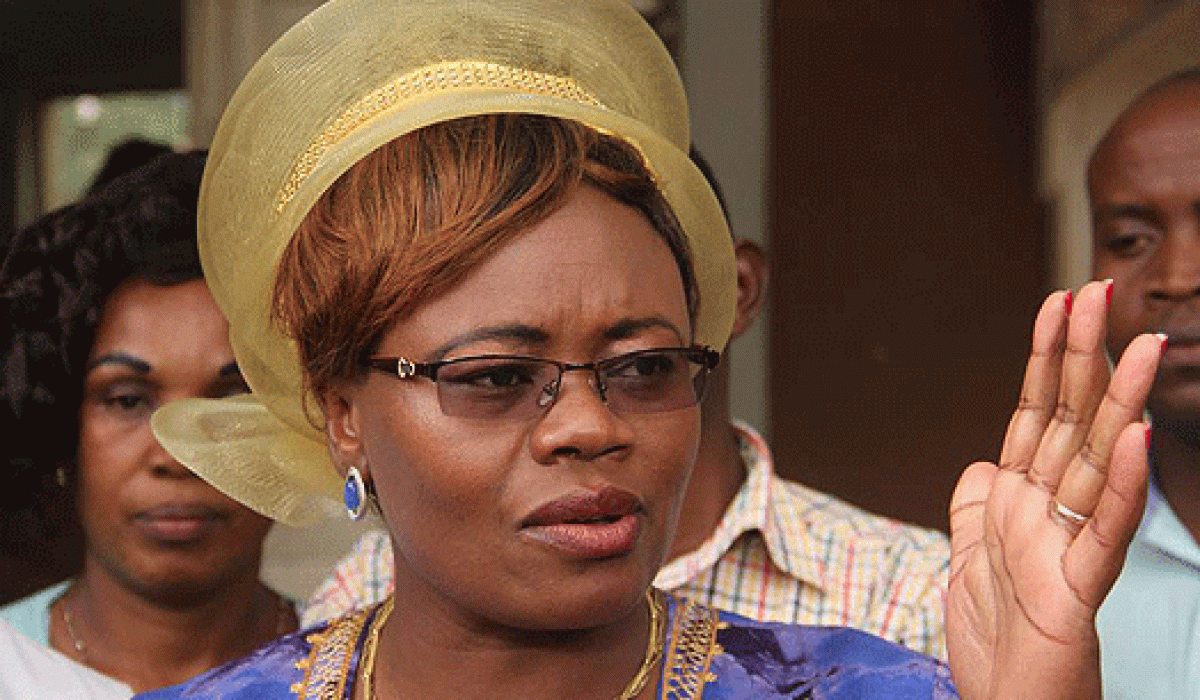The murder of prominent Nairobi lawyer Kyalo Mbobu has taken a new twist after three suspects who were arrested and paraded as possible killers were freed. Forensic evidence, ballistic tests, and airtight alibis have cleared Eric Muhia, Paul Mbugua, and Georgia Wainaina of any involvement.
Their release raises serious questions about how police handle sensitive investigations and whether justice for Mbobu is any closer. What looked like a breakthrough in the Kyalo Mbobu murder probe has instead exposed cracks in the system.
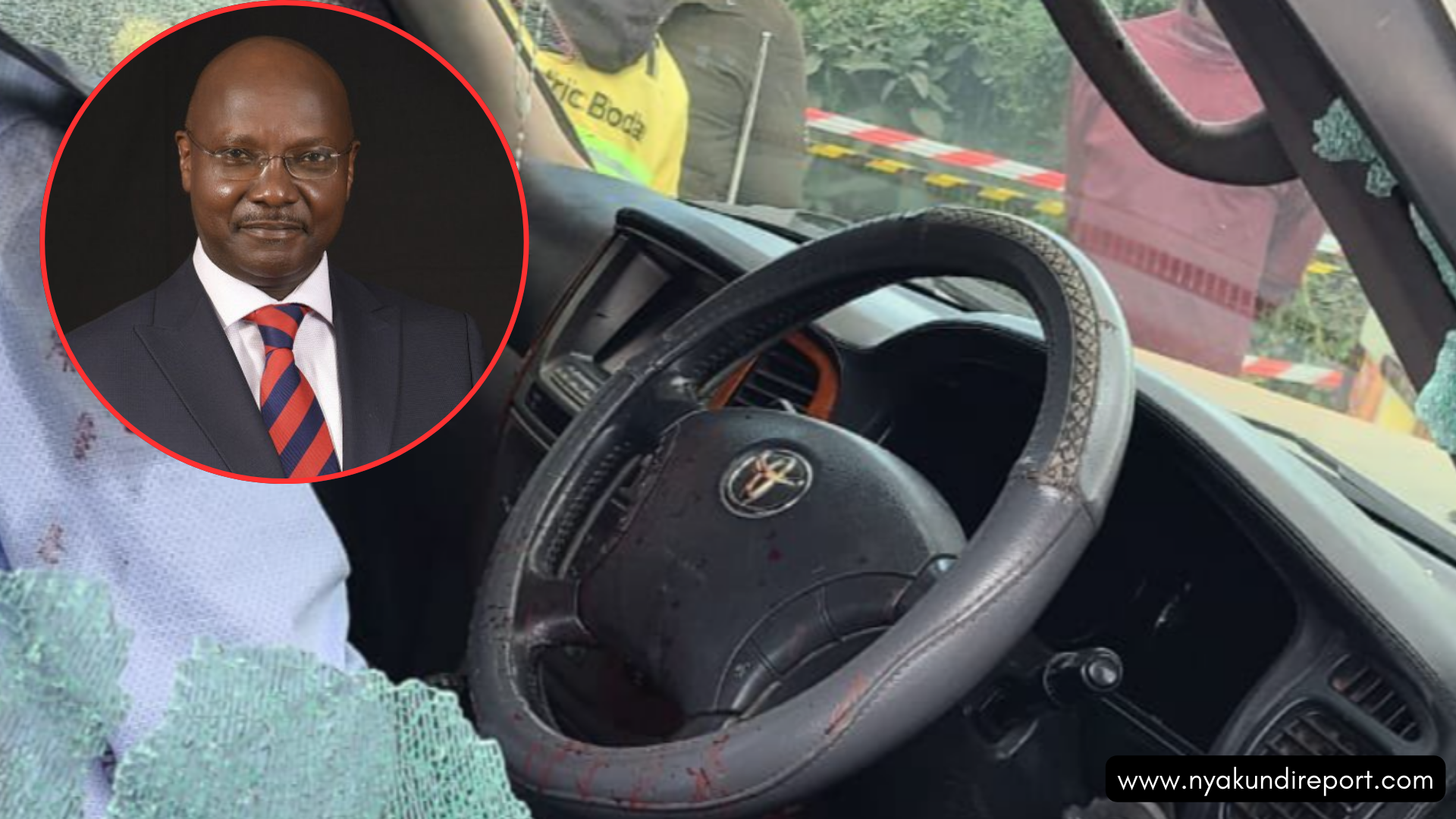
Kyalo Mbobu Murder Raises Questions Over Police Investigations
Kyalo Mbobu, a respected lawyer and former chair of the Political Parties Disputes Tribunal, was shot dead on September 9 along Magadi Road while heading to his Karen home. Two men on a motorcycle reportedly trailed him, before one walked up and fired multiple bullets through his driver’s window.
Nothing was stolen, leading detectives to call it a premeditated assassination. At 55, Mbobu had built a successful career in commercial litigation, but he was entangled in high-stakes debt cases and politically sensitive land disputes.
His name was linked to the controversial 443-acre coffee farm owned by Captain (Rtd) Kung’u Muigai, cousin to former President Uhuru Kenyatta. Mbobu had represented him in court, and on the same day of the murder, a social media post showed Kung’u complaining about the decades-old dispute.
This coincidence fueled speculation about whether the killing was connected to the case. Senior Counsel Philip Murgor, speaking for the Senior Counsel Bar, demanded a thorough probe, stressing that no lead should be ignored in unraveling who ordered the hit.
Defence Lawyer Blames Police for Malicious Arrests
Days after the brutal shooting, detectives moved quickly to arrest three individuals: Muhia, Mbugua, and Wainaina. They were detained and presented as persons of interest while police launched forensic phone tracking, ballistic testing, and alibi verification.
Their defence lawyer, Musa Maulid, strongly condemned the arrests, calling them malicious and reckless. He argued that the police rushed to parade suspects without first completing proper investigations. According to Maulid, this reckless approach not only damaged the reputations of innocent people but also diverted resources from finding the real killers.
“The arrests were an abuse of police power,” Maulid said. “Dragging the names of law-abiding citizens through the mud before the facts were in was unjustifiable.”
The forensic and ballistic results later confirmed that neither the recovered firearm nor the suspects’ phones placed them near the crime scene. Verified alibis sealed their innocence, proving they could not have participated in the assassination.
Justice for Kyalo Mbobu Still Elusive
While the three suspects walk free, the bigger question remains: who killed Kyalo Mbobu? The release of the trio shows that police may have been chasing shadows rather than uncovering the truth. Each misstep prolongs the agony of Mbobu’s family, colleagues, and the public, who want justice served.
The case underscores a worrying trend where law enforcement agencies rush to arrest individuals without strong evidence. Such mistakes undermine public trust, delay justice, and risk shielding the real masterminds behind the murder.
Mbobu’s killing was no random act of violence. It was a calculated hit carried out in broad daylight on a busy road. The assassins did not take his phone, wallet, or car. That leaves one conclusion—someone wanted him silenced.
The link to politically connected figures, high-value land disputes, and sensitive debt cases cannot be ignored. Until police focus their efforts on these leads, the Kyalo Mbobu murder will remain unsolved, fueling more suspicion that powerful interests are at play.




